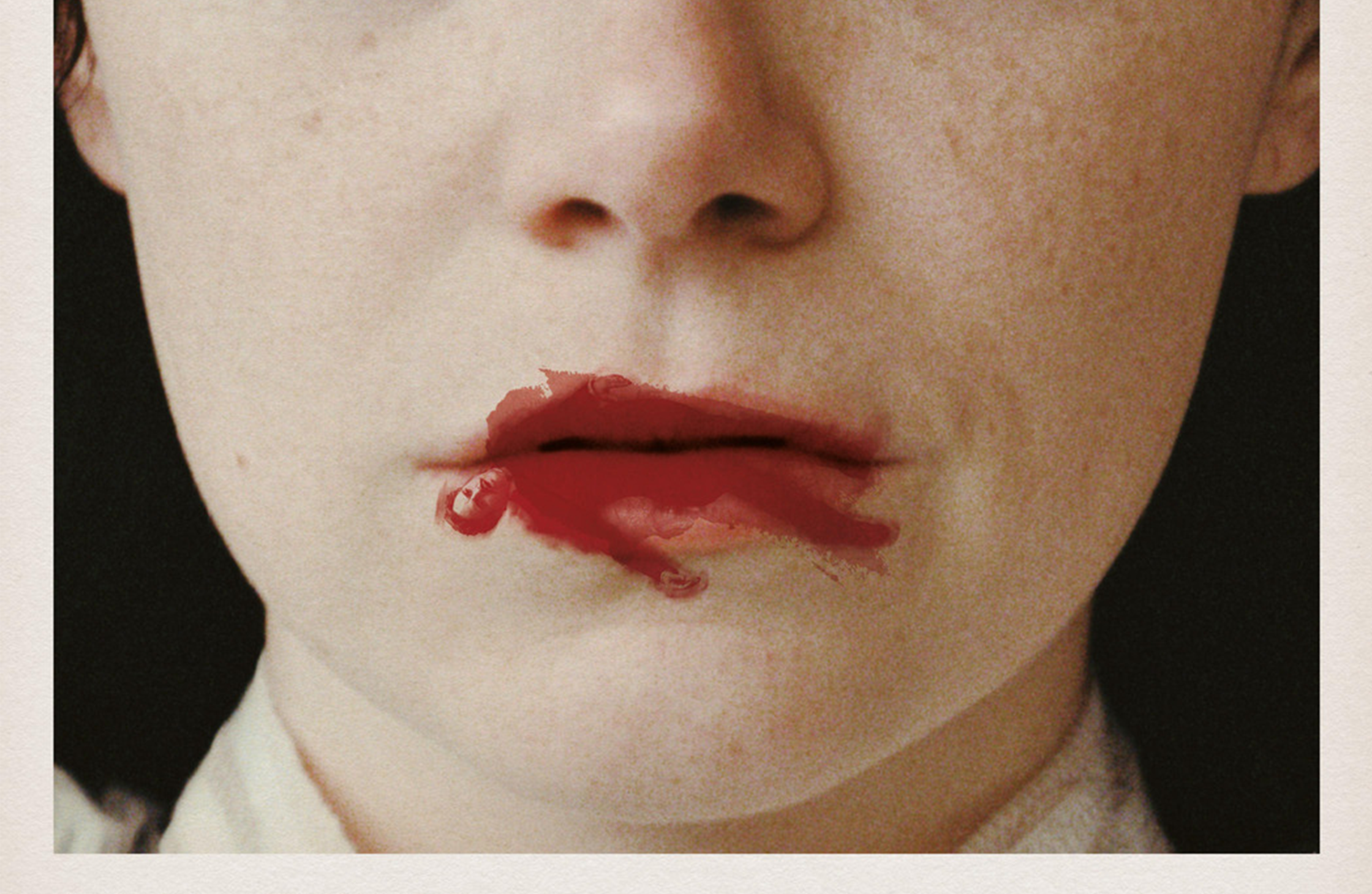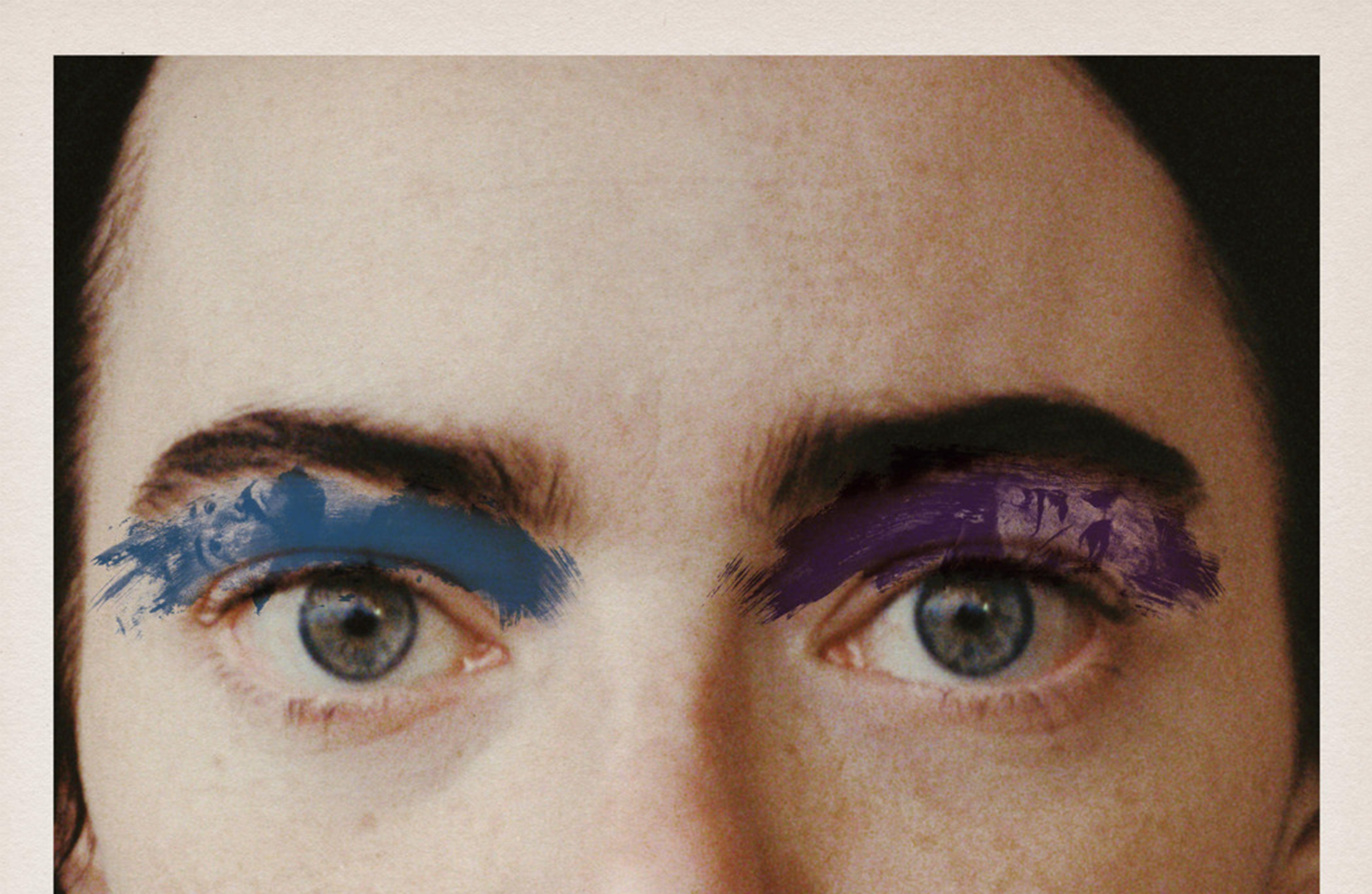A review of Lanthimos’ Poor Things
Damian Beagan
Over the last decade, Greek director Yorgos Lanthimos has carved out an idiosyncratic niche as the creator of some of the quirkiest (and funniest) films in recent memory. His flair for conjuring absurdist worlds was established with 2015’s surreal comedy The Lobster, and cemented over the next few years with The Killing of a Sacred Deer and The Favourite — films with diverse subjects, periods and settings, but all refracted through Lanthimos’ uniquely twisted lens into consistent chapters of an increasingly impressive body of work.
Lanthimos’ latest creation sees him turning his attention to Scottish author Alasdair Gray’s equally idiosyncratic 1992 novel, Poor Things. Told as a faithful reproduction of an obscure late Victorian Glasgow doctor’s autobiographical journal, the novel presents a fantastical fusion of Mary Shelly’s Frankenstein, Voltaire’s Candide, and Bunyan’s Pilgrim’s Progress as an absurdist travelogue, playing fast and loose with the literary trope of the unreliable narrator. Prior to his death in 2019, Gray reportedly gave his blessing to Lanthimos’ vision of the tale which, despite having most of its Scottish roots excised, retains the essential core of Gray’s original text.
Poor Things tells the tale of Bella Baxter (Emma Stone), a young woman with the body of an adult woman, but the mind of a newborn baby. She is the result of a medical experiment by her guardian and father-figure, renowned surgeon Sir Godwin Baxter (Willem Dafoe), unironically called “God” by the infantile Bella. As Bella’s newborn brain develops, she quickly learns to walk and talk with more-or-less adult proficiency, but with a physical clumsiness and linguistic gaucheness which she never quite loses. Inevitably, she soon discovers the pleasures of sex, and shocks Sir Godwin by running off on an odyssey of sexual discovery with rakish lawyer Duncan Wedderburn (played with gleeful excess by Mark Ruffalo). As Wedderburn and Bella wind their way across Europe, from Lisbon to Alexandria on a cruise liner, and eventually to Paris, Bella learns both the joys and pains of “furious jumping” (her delightful pet name for sex).
In the hands of a less experimental director, many of the themes on display in Poor Things could potentially be viewed as exploitative and offensive, but Lanthimos’ other-worldly, dreamlike world provides a setting in which Bella’s sexual adventures are never titillating or pornographic. Visually arresting from the outset, the film opens in stark, grainy black-and-white. Cinematographer Robbie Ryan makes use of extreme fish-eye lens effects, as well as bizarre camera angles and close-ups, before the film explodes into hyper-realistic, saturated colour as Bella begins her European adventure, and it’s a Europe built from Freudian fever dreams: fantastical cities composed of suggestively phallic towers and vulva-like alcoves.
A review of this length ultimately can’t address the complexities and subtleties on display in Poor Things, but I can’t conclude without giving a special mention to Emma Stone. Her portrayal of Bella’s journey is a tour-de-force which deservedly won her this year’s Oscar® for Best Actress. The sheer physicality she brings to the role is breathtaking, as is her portrayal of Bella’s emotional growth as she begins to understand the horrors of the world. A bravura performance in a superb film.
Recently arrived in the Tri-Cities from Scotland, I'm a former freelancer who wrote music and movie reviews for UK websites.
A response to the accolades Poor Things has received:
Ellicia Elliot
The film Poor Things, starring Emma Stone, directed by Yorgos Lanthimos, and written by Tony McNamara has received numerous accolades this award season. However, it is not without concern and criticism shared by multiple artists, critics, and audience members who believe the story falls short of what it alleges it is trying to do. The producers have claimed the film celebrates feminism and personal agency. However, the film is told solely through the male gaze. According to Mick LaSelle at the San Francisco Chronicle, “…it’s dishonest. It purports to be a feminist document, but it defines a woman's autonomy as the ability to be exploited and not care....”
Bella Baxter is a Frankenstein-type creature constructed by a man (‘God’, played by Willem Dafoe) who makes a choice for this woman who was escaping a terrible situation by committing suicide. The first red flag in the story is ‘God’ having no qualms about taking a living life (he mentions explicitly that the baby the woman was pregnant with was viable and still alive) and removing the baby’s brain to implant into the dead woman’s body. ‘God’ has made that choice for Bella; she has no say. Like in Mary Shelley’s Frankenstein, Bella is created to fulfill the wishes and desires of someone else, not for her own value as a human being.
The second red flag is that the reanimated human, now known as Bella Baxter, has the mind of a newborn. Yes, she mentally develops throughout the story, but for the first two hours of the two-and-a-half-hour movie, Bella’s mannerisms, vocabulary, and understanding of the world around her are those of a newborn brain maturing into the mind of an eleven or twelve-year-old.
This wouldn’t necessarily be an issue if Bella’s discovery of sex wasn’t brought into the storyline so quickly and remained the majority of the focus throughout the rest of the film. As Adam Nayman from The Ringer shares in his article “Poor Things Cancels Itself Out”: “[Bella’s] body is fully developed, and [her] … mind is maturing at an exponential rate — though not enough to keep Bella ahead of her own steep biological curve.”
Bella’s existence is limited and controlled by the men in her life. As soon as she discovers her sexuality, the men around her take notice and discuss/act upon this new discovery. Her father figure, ‘God’, shares that he can’t sleep with her because he is a eunuch AND has paternal feelings toward her. The soft-spoken doctor’s assistant, Max McCandles (played by Ramy Youssef), is encouraged by ‘God’ to marry Bella, even though she is still developmentally a child. Max is a so-called gentleman, but in Victorian London, this means he wants to sleep with her but won’t until they’re married. Duncan Wedderburn (played by Mark Ruffalo) is the most apparent cad among them; he comes right out and lets Bella know what he wants by creeping into her room while she is sitting in a wardrobe, blowing bubbles. He proceeds to grab her between her legs and winks at her. He then returns later that night and acts as a peeping Tom while Bella discovers her own body before sweeping her off on a ‘sexual adventure’ in Portugal.
Anyone who has been a victim of sexual assault, who may be asexual, or who has been mentally manipulated by someone else (among other experiences) needs to be aware ahead of time exactly what this film entails and how it may trigger them.
A film like Poor Things may receive many accolades for the story's style and being avant-garde. But it shouldn’t be at the expense of minimizing what is still happening to many women and female-identifying individuals around the world. It would have been best to have a woman take the reins of this story so it was through a feminine lens and not yet another story from a list of thousands of what men think empowers women.
Ellicia Elliott is the Events Editor for Tumbleweird, a theatre director, and an educator. She holds an MFA in Directing from the University of Idaho. She lives and works on the traditional lands of the Palouse, Cayuse, Umatilla, Yakama, and Walla Walla Peoples.


